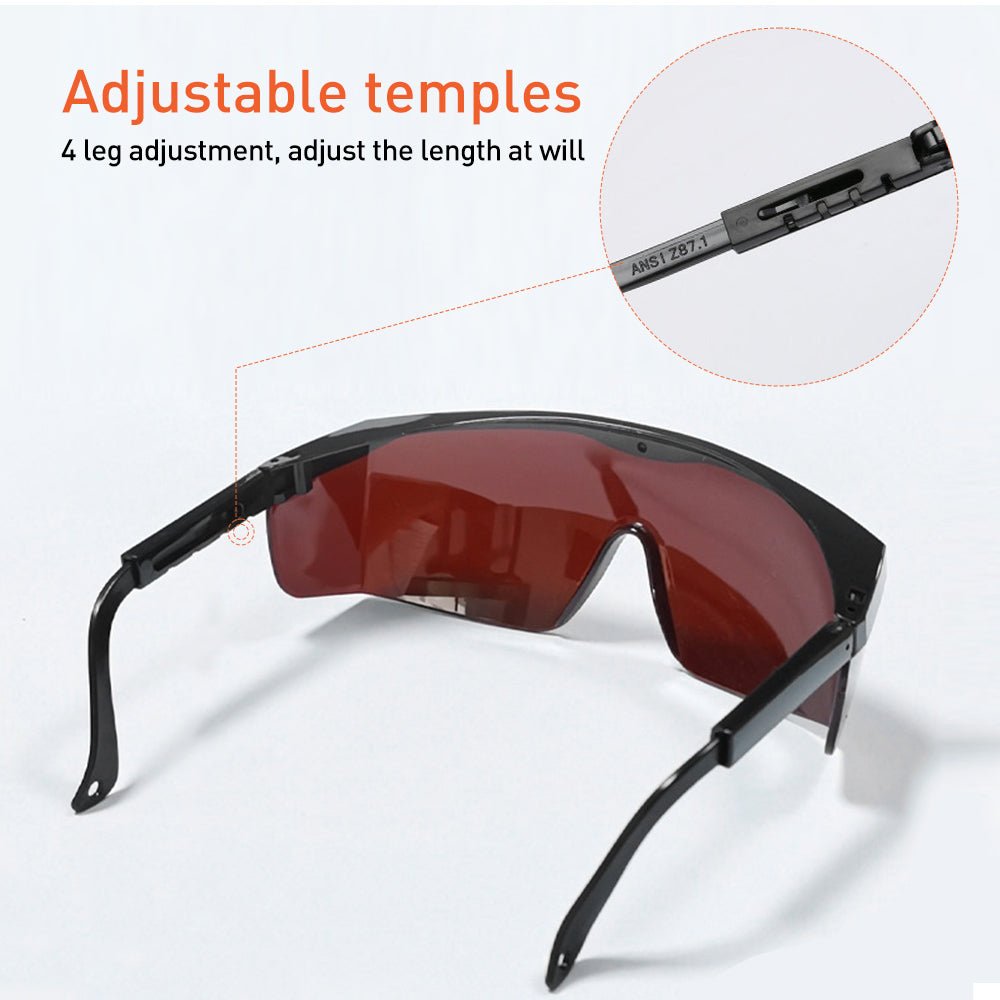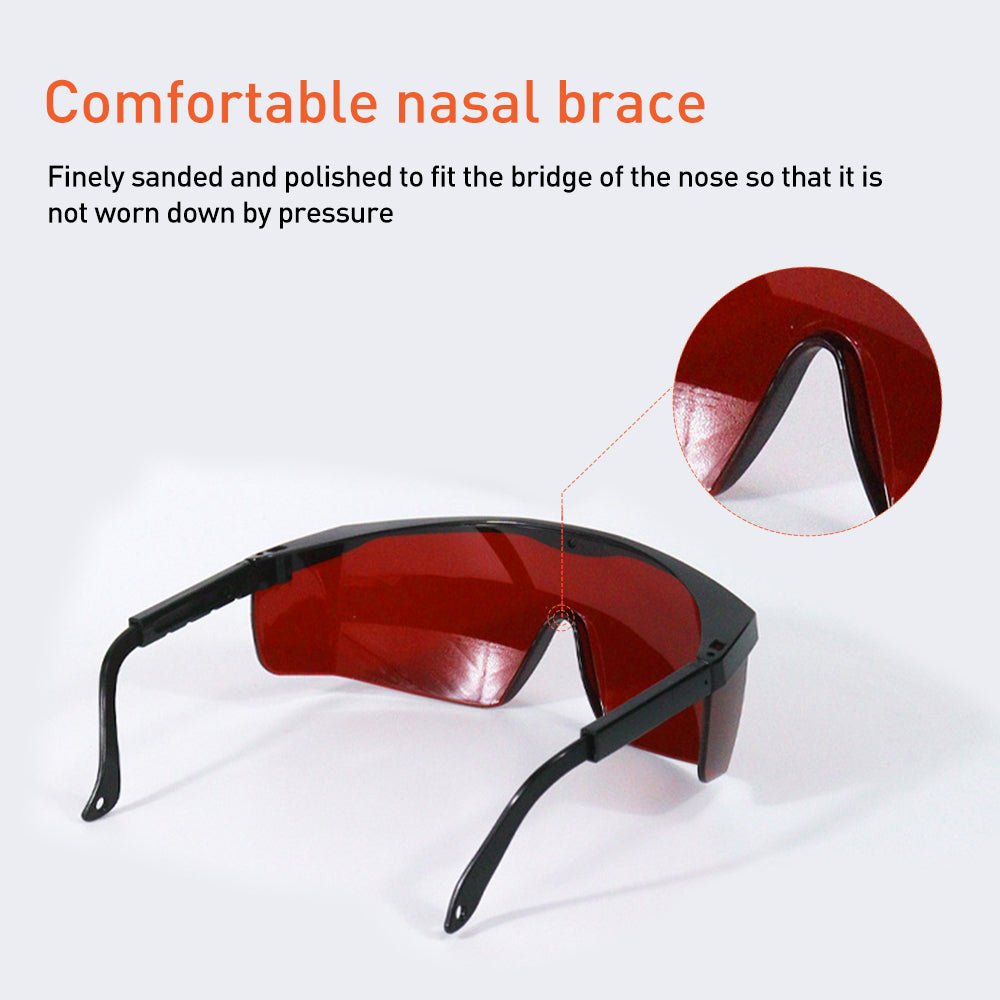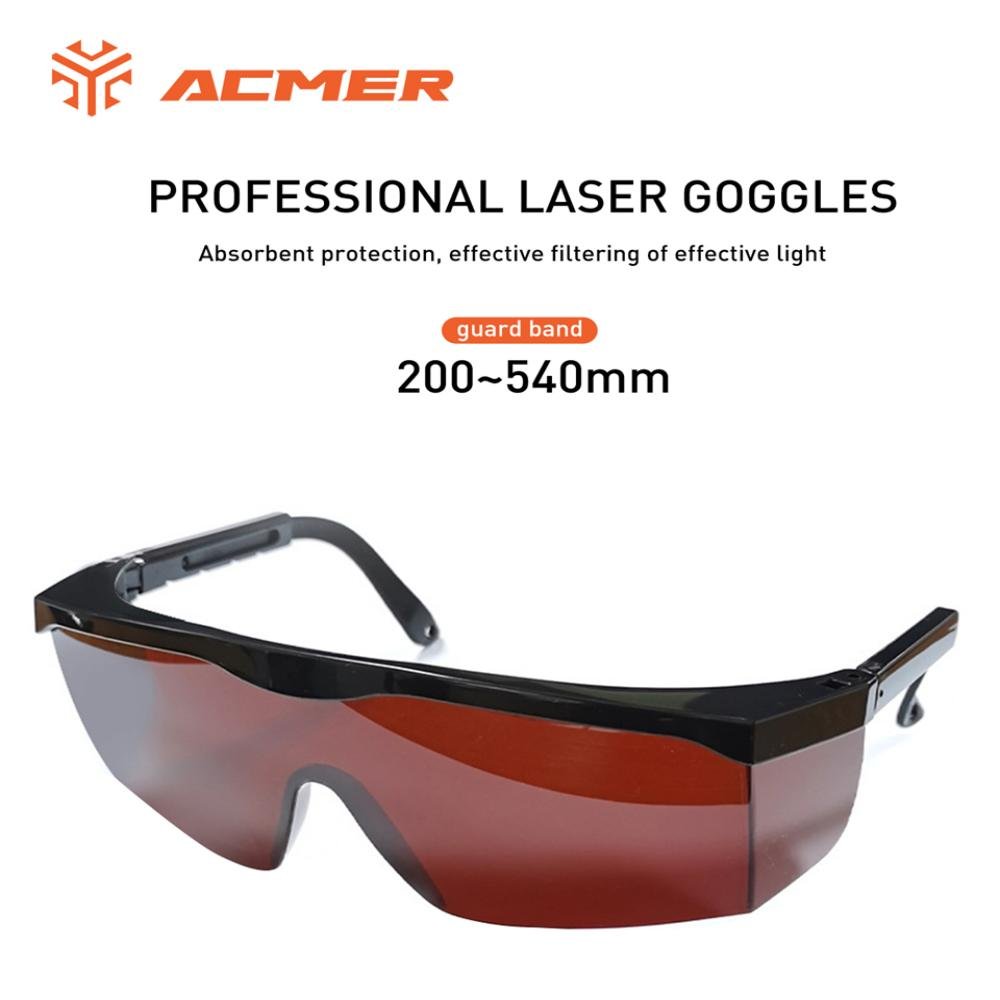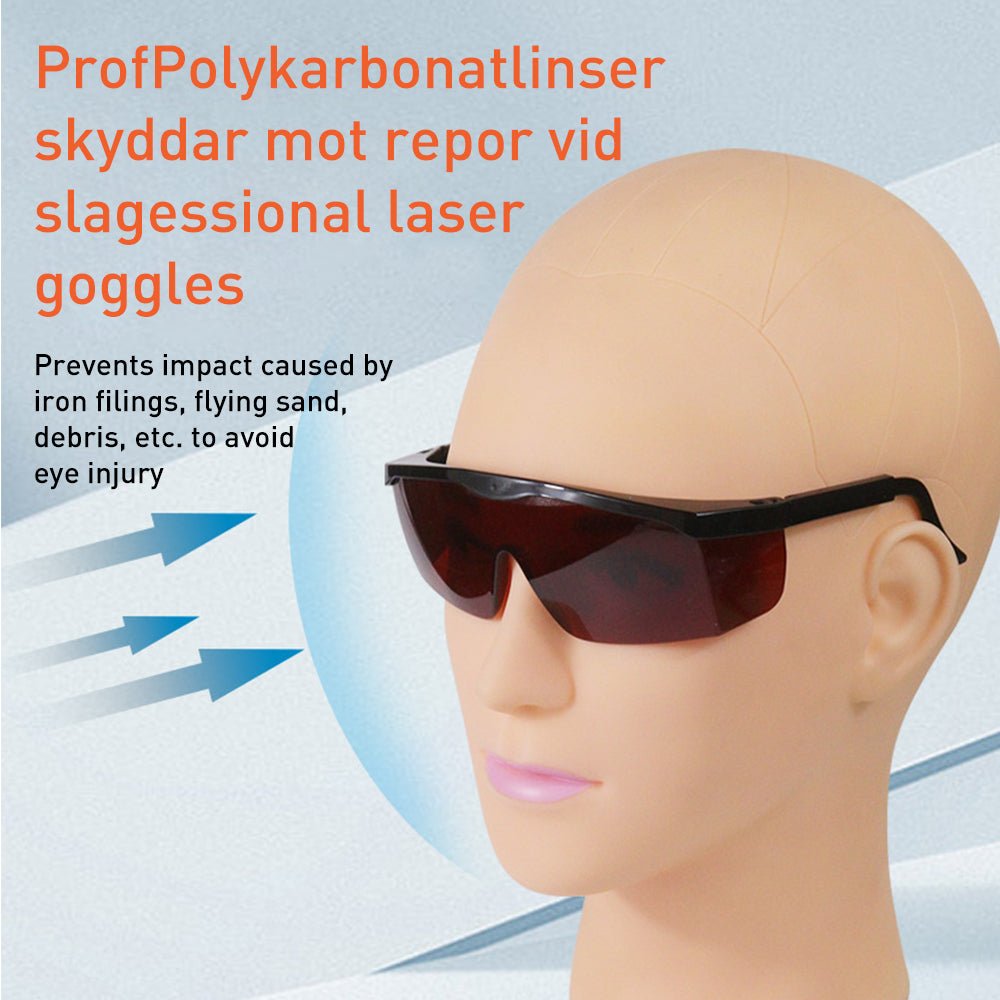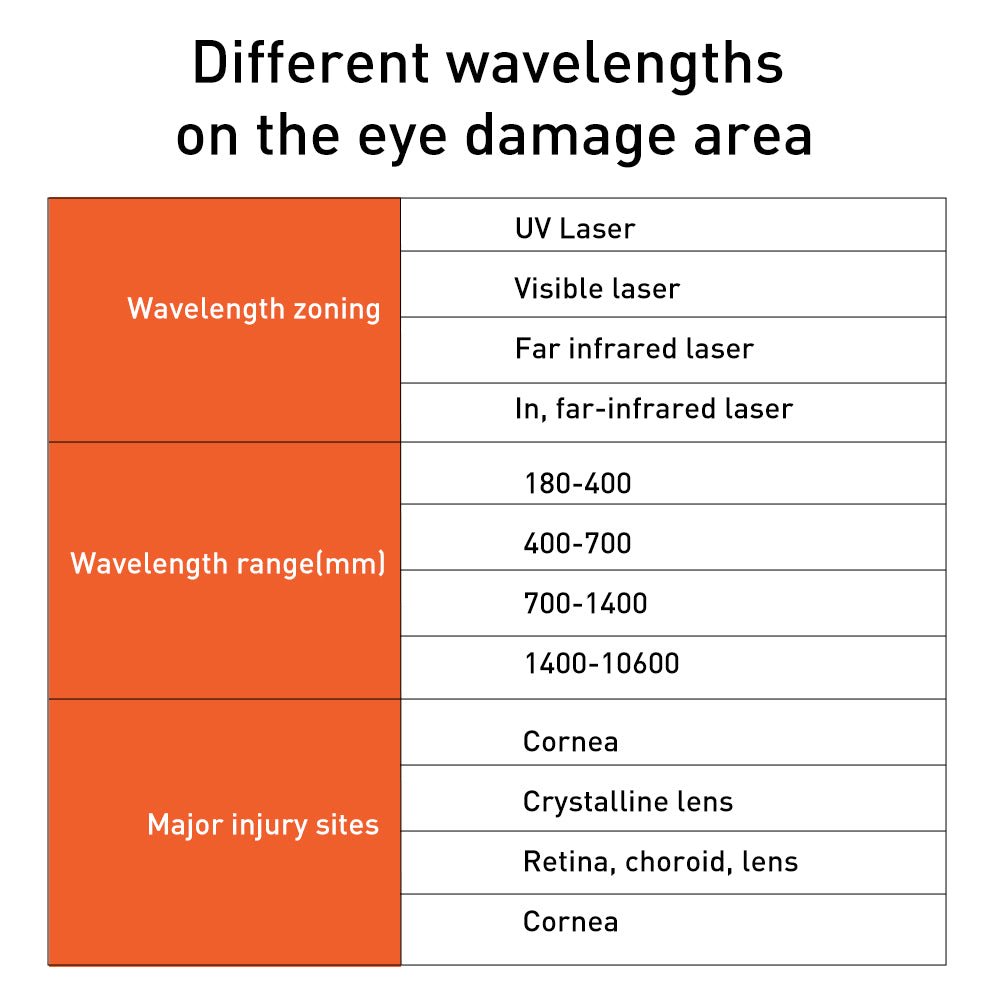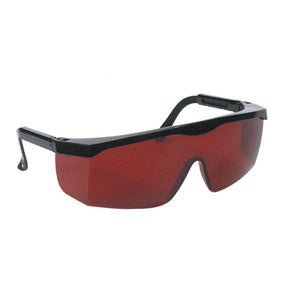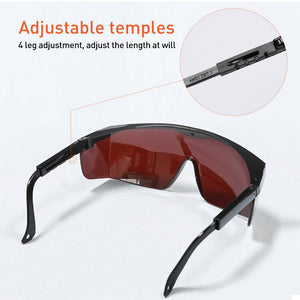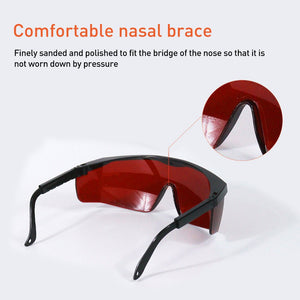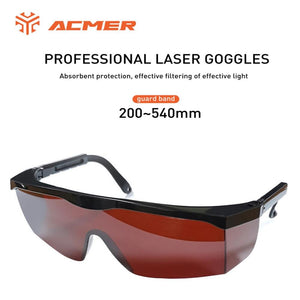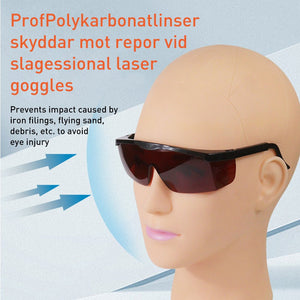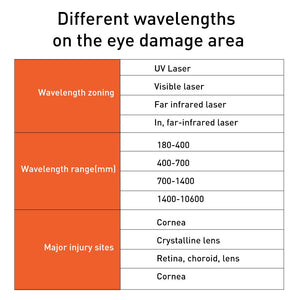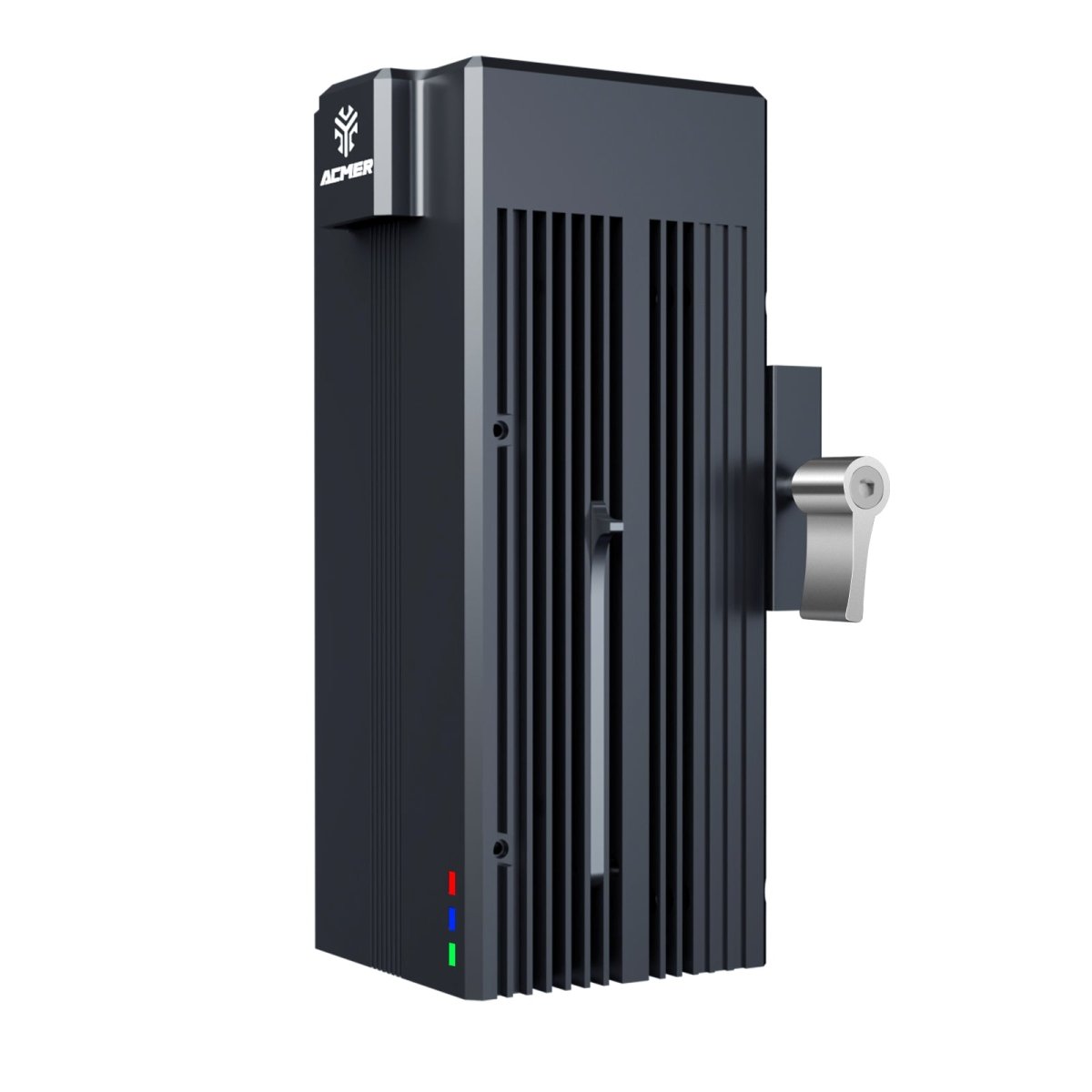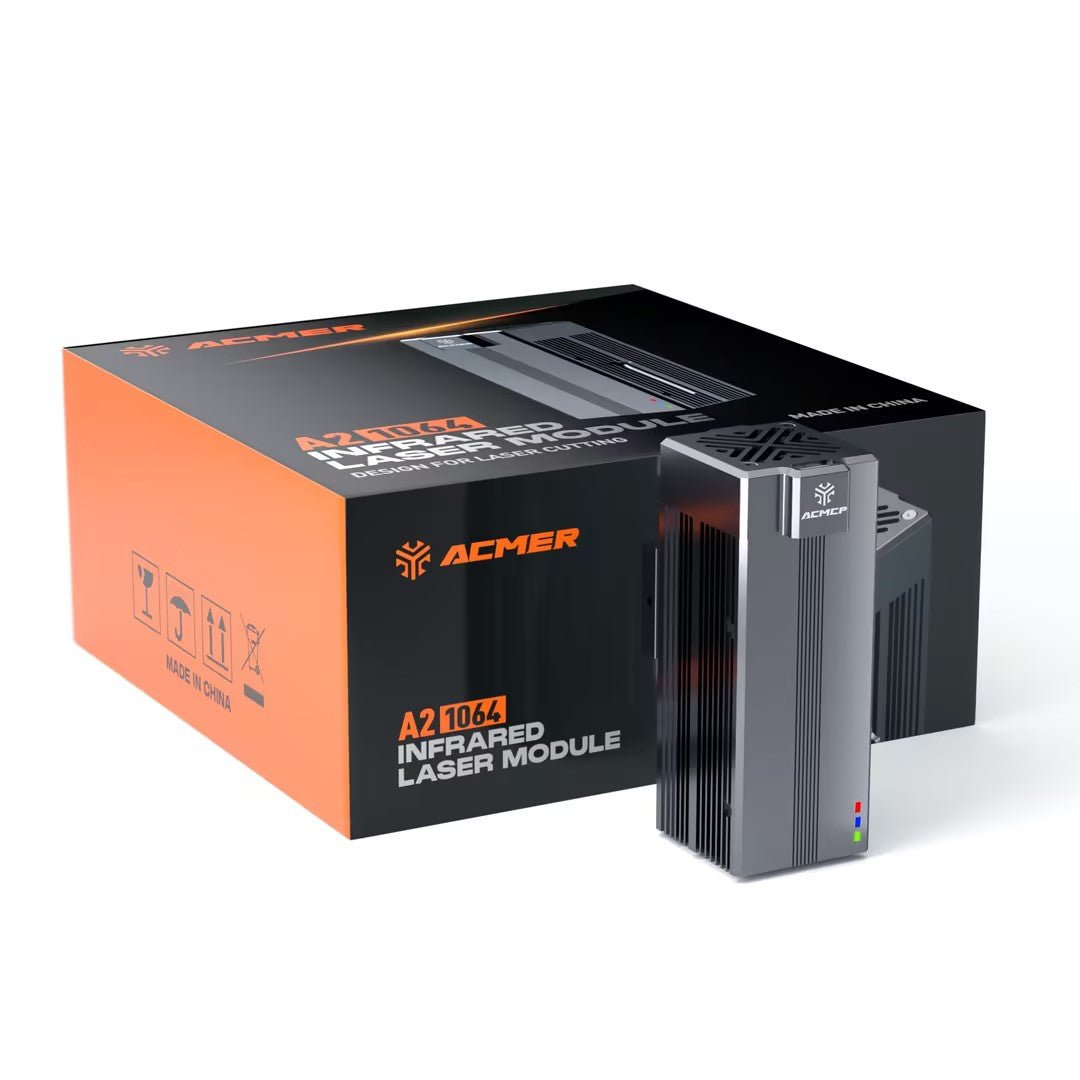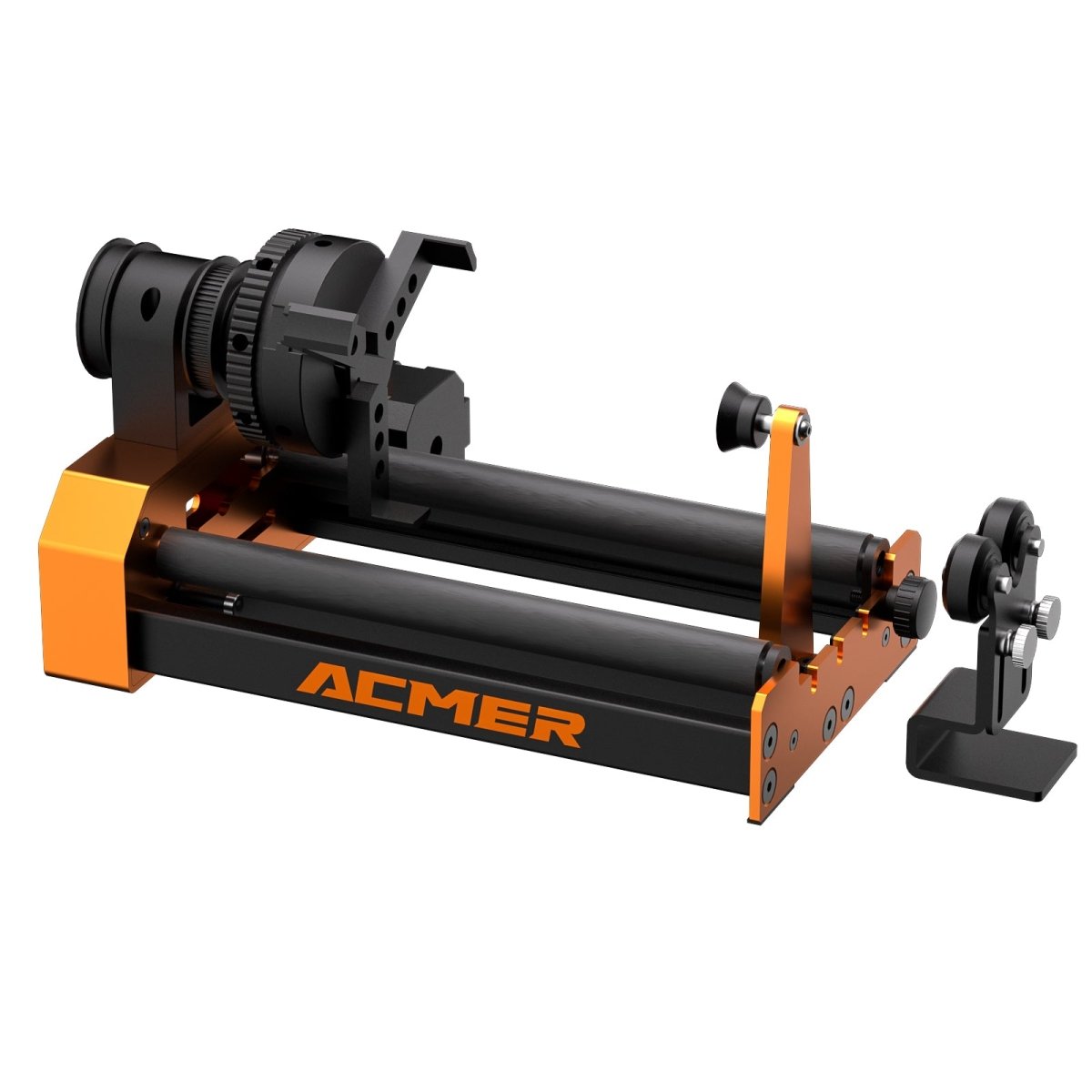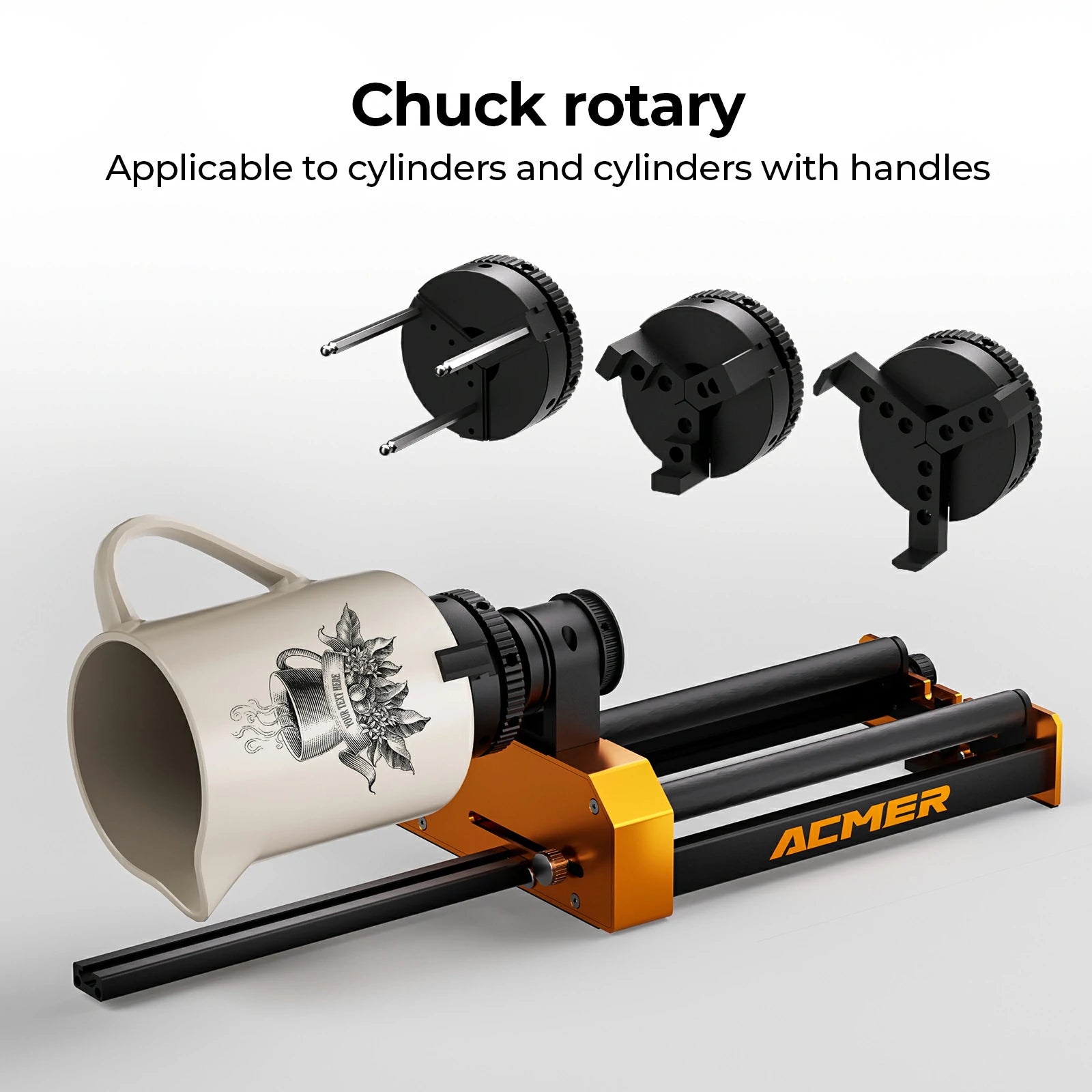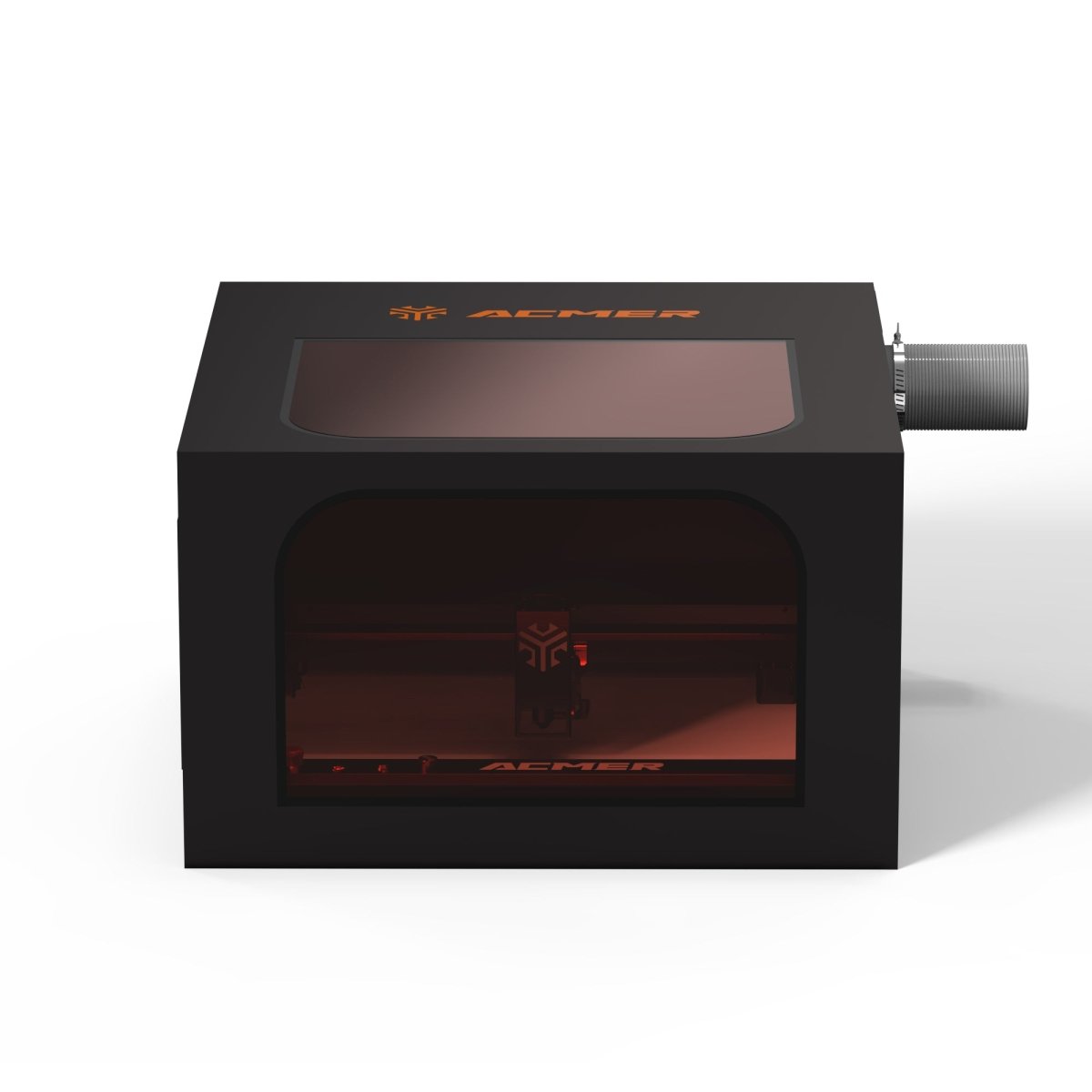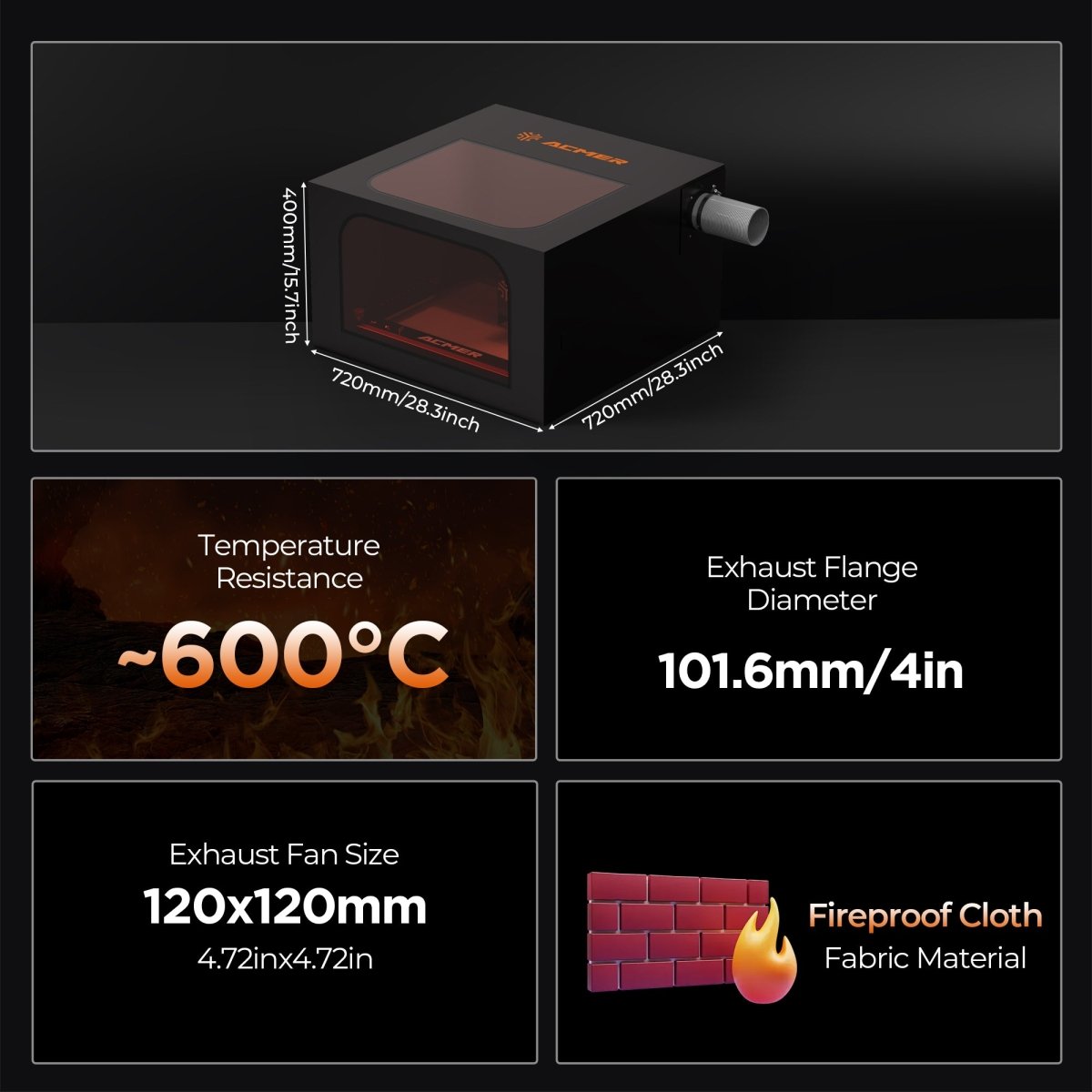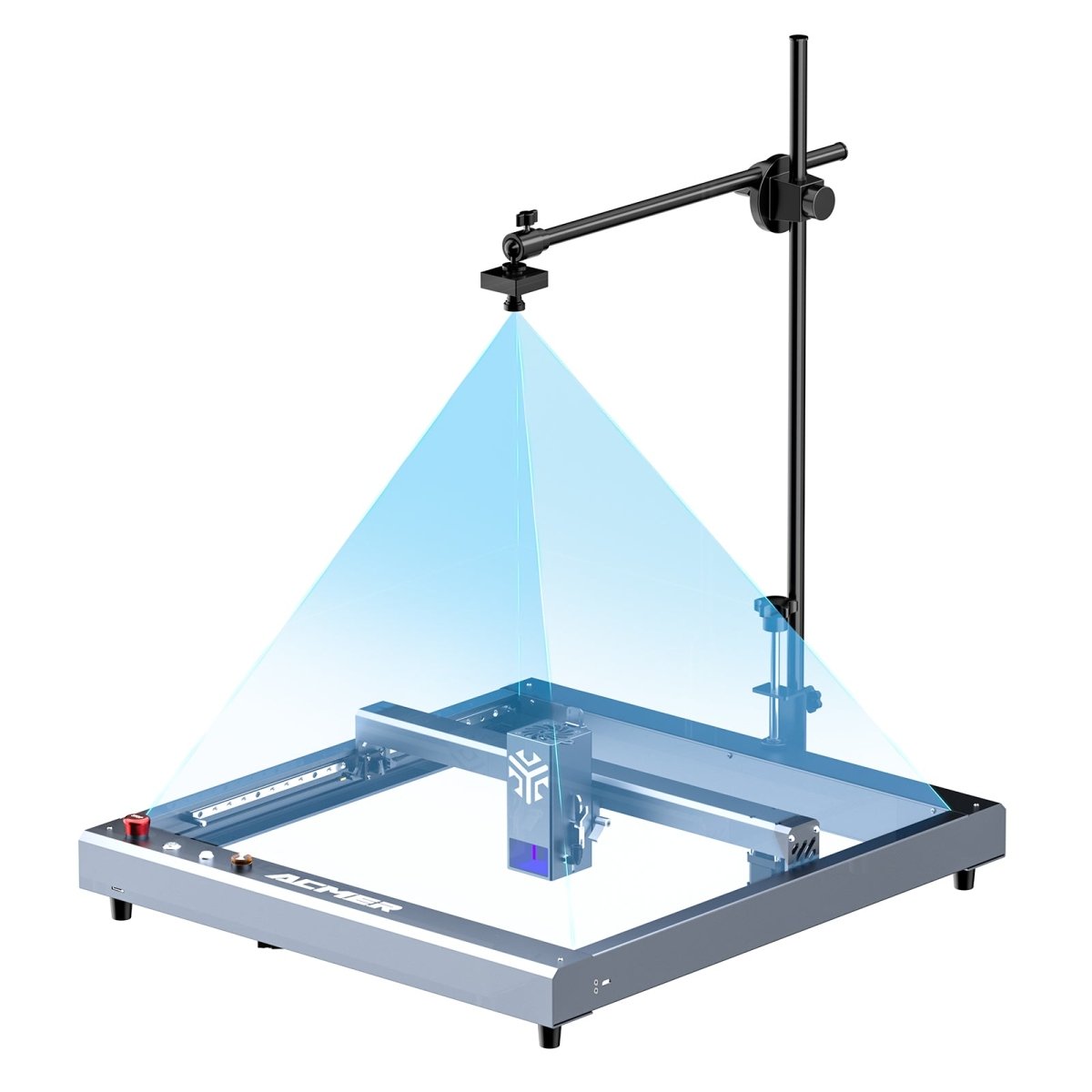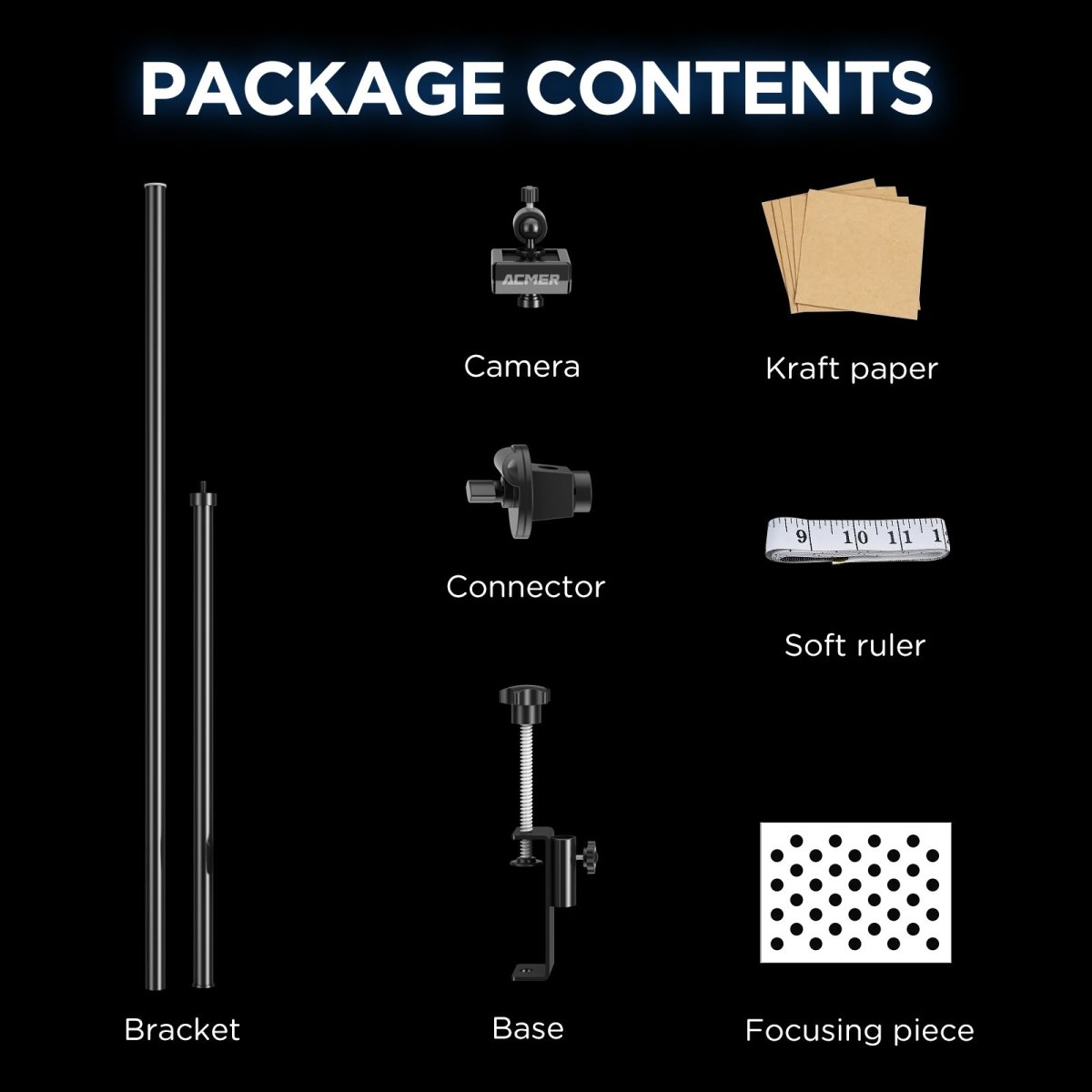Laser Safety Glasses
Guarantee Safe Checkout
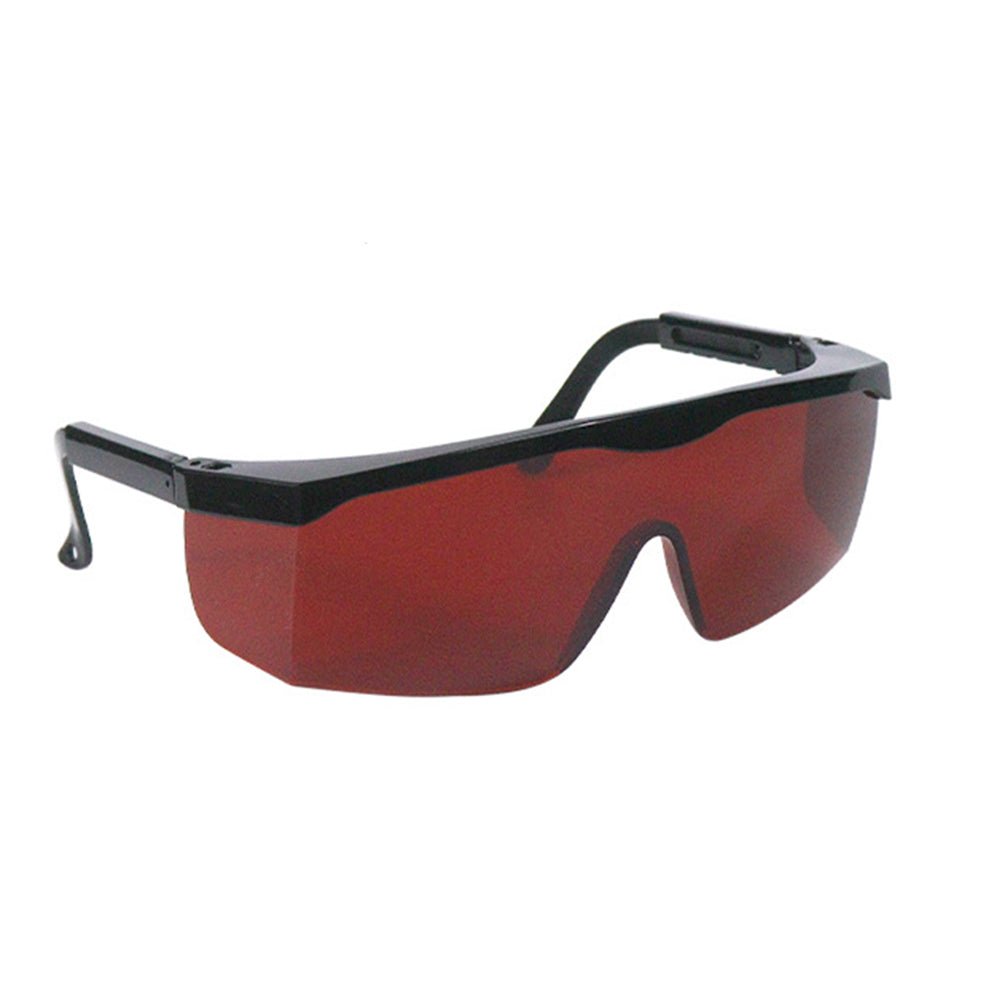
Laser Safety Glasses
Laser safety glasses are made with specialized optical filters that can block or attenuate specific wavelengths of laser light. The filters are typically made of materials like glass, polycarbonate, or acrylic, which have specific absorption properties for different laser wavelengths. The glasses are designed to match the laser's wavelength and optical density to provide adequate protection.
When selecting laser safety glasses, it is important to consider the following factors:
Optical Density (OD): This is a measure of the ability of the glasses to attenuate laser light. The higher the OD, the greater the protection. The appropriate OD level depends on the laser's power and wavelength. It is essential to consult the laser's specifications or a laser safety officer to determine the required OD for your specific laser application.
Wavelength Compatibility: Laser safety glasses should be chosen based on the laser's wavelength you will be working with. Different lasers emit light at specific wavelengths, and the glasses must have filters that can block or attenuate that particular wavelength.
Beam Alignment: Some laser safety glasses are designed to protect against direct laser beams, while others also provide protection from scattered or reflected laser light. Consider the specific hazards associated with your laser use and choose glasses accordingly.
Comfort and Fit: It is important to choose glasses that are comfortable to wear for extended periods. Look for glasses with adjustable features, such as nose pads and temple arms, to ensure a secure and comfortable fit.
When using laser safety glasses, it is crucial to follow the manufacturer's instructions and guidelines. Regularly inspect the glasses for any damage or scratches that may affect their protective properties. Additionally, make sure to educate yourself on laser safety practices and adhere to proper laser safety protocols to minimize the risk of eye injury.
Please note that while I strive to provide accurate and up-to-date information, it is always best to consult with a laser safety professional or manufacturer for specific recommendations regarding laser safety glasses for your particular laser application.
Learn more:https://acmerlaser.com/pages/refund-policy

